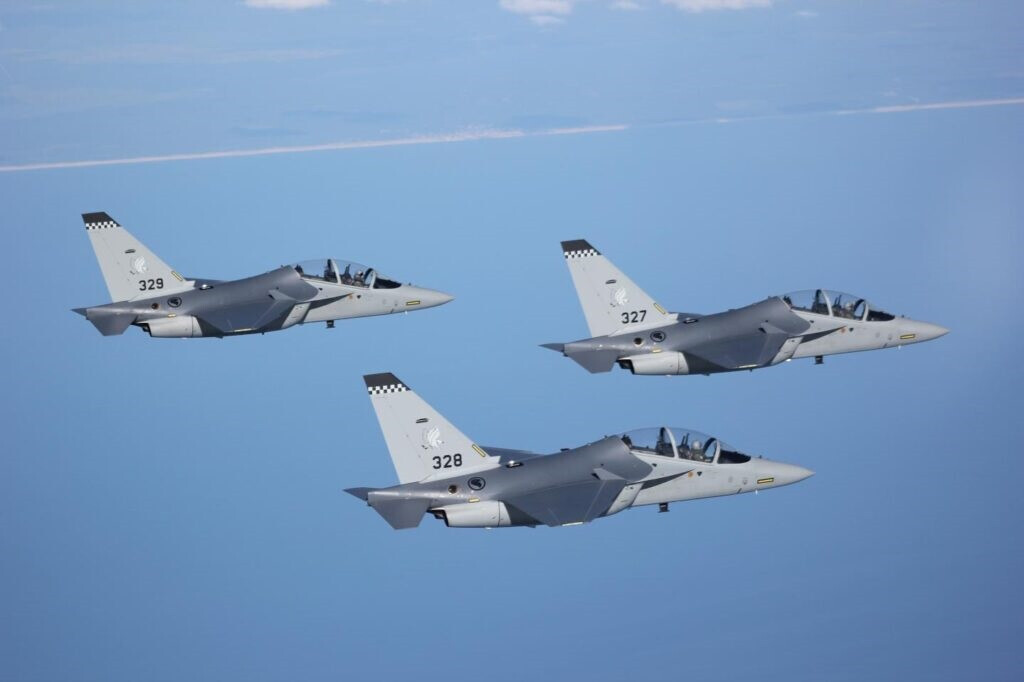
South Korea and Singapore are joining hands with the U.S. advanced artificial intelligence (AI) company 'Shield AI' to develop autonomous flight technology for unmanned aerial vehicles (UAVs) in order to secure dominance in future battlefields.
Shield AI announced on the 20th that it has signed technology cooperation agreements for its AI-based autonomous flight system 'Hivemind' with Korea Aerospace Industries (KAI) and the Republic of Singapore Air Force (RSAF), respectively. Through these agreements, both countries plan to accelerate the development of drones that will play a pivotal role in future battlefields by utilizing Shield AI's cutting-edge technology.
'Hivemind' is an integrated AI software platform applicable to various unmanned aerial vehicles, having already completed successful flight tests on various models including the F-16 fighter jet, MQ-20 Avenger drone, and MQM-178 Firejet target drone. In particular, defense contractors like Kratos Defense are also showing high interest in this technology and conducting tests.
Experts analyze that this cooperation demonstrates the commitment of South Korea and Singapore to recognize the importance of drones in future battlefields and strengthen their defense capabilities by securing advanced technology. In particular, Korea Aerospace Industries (KAI) is expected to elevate its domestic drone development technology to the next level through this cooperation.
The Republic of Singapore Air Force (RSAF), in collaboration with the Singapore Defense Science and Technology Agency (DSTA), also anticipates enhancing its drone operation capabilities and securing more effective operational capabilities in future battlefields.
A representative from Shield AI stated, "We will do our best to further develop Hivemind technology through cooperation with South Korea and Singapore, and to play an important role in future battlefields."
Through this agreement, South Korea and Singapore are expected to emerge as leaders in drone technology in future battlefields.
[Copyright (c) Global Economic Times. All Rights Reserved.]






























